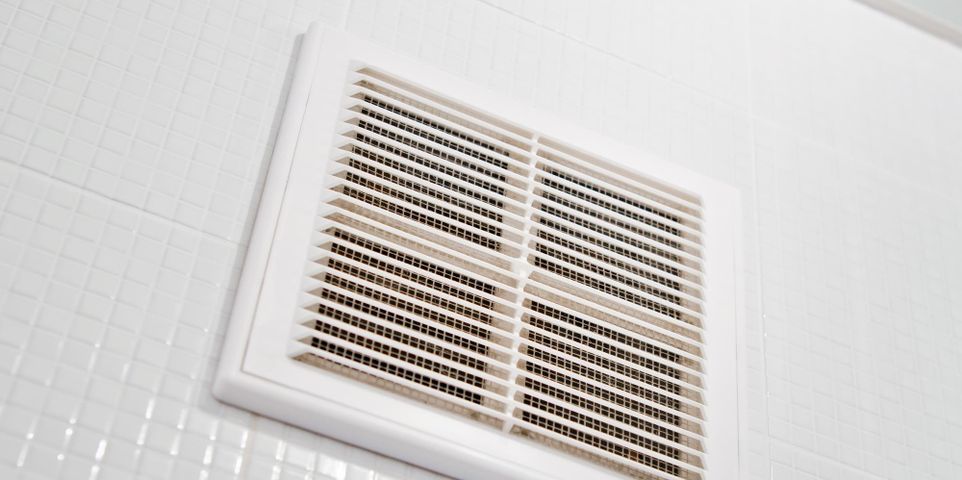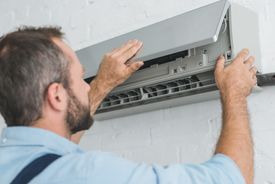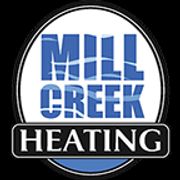
Thanks to technological advantages, there are several HVAC systems available for the average homeowner to choose from. The number of options also makes it challenging to pick the right unit or style for your upgrade. To ease the confusion, here’s a brief guide on popular varieties and factors to consider when making your choice.
A Guide to Choosing an HVAC System
What Options Are Available
Centralized HVAC structures are popular choices. These consist of an air conditioner and a furnace or boiler. The combined system can be powered by electricity, gas, or heating oil. It will distribute heated and cooled air inside the home through a network of air ducts.
Heat pumps are another common centralized arrangement. The name is somewhat misleading, as heat pumps work both as heaters and air conditioners by adjusting their cycles. This type runs on electricity, gas, or geothermal energy, with the third being the most energy-efficient and eco-friendly option. They circulate air via ducts.
A third option is a decentralized ductless mini-split system. These can provide heating and cooling. They have an exterior compressor or condenser and interior air-handling units linked by conduits.
What Factors Impact Your Choice
 When choosing the most suitable HVAC system for your new home, make the following considerations:
When choosing the most suitable HVAC system for your new home, make the following considerations:
- House Size: Centralized types are efficient and effective in larger homes with ample room for ductwork. Mini-splits may be better for smaller homes.
- Existing HVAC: If your home has a ductless system in place, it may be easiest and cheapest to retrofit with mini-split. Likewise, if your home already has ducts, duct-based systems may be better.
- Efficiency: Heat pumps are efficient and environmentally friendly, especially if they use geothermal heat. Mini-split systems can create different climates in different rooms or zones of your house. That way, you can keep your little-used dining room cooler than your bedroom or living room.
- Allergies: Ducts can accumulate dust and allergens. While this can be addressed with routine cleaning, a ductless system may be preferable for those with sensitivities.
- Cost: Heat pumps that rely on geothermal energy are expensive to install, but will provide enhanced utility savings over time. Mini-splits similarly have higher upfront costs than central air but may yield lower energy bills.
- Durability: In general, HVAC apparatuses offer 10 to 20 years of useful life, depending on maintenance. However, options with outdoor components may deteriorate faster, since they’re exposed to the elements.
Choosing an HVAC system for your home is a complex process. Turn to the licensed professionals at Mill Creek Heating for guidance. They’ll help you select the best heating and cooling solution for your home. Serving the entire community in Marion County, OR, since 2003, they have the experience, expertise, and excellent inventory to keep your interiors comfortable. Call (503) 749-1000 to discuss your needs or request an estimate via their website.
About the Business
Have a question? Ask the experts!
Send your question

